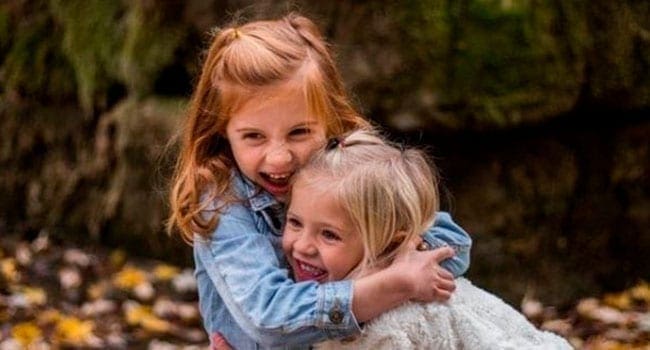 Feminist writer Emma Goldman said, “No one has yet realized the wealth of sympathy, the kindness and generosity hidden in the soul of a child. The effort of every true education should be to unlock that treasure.”
Feminist writer Emma Goldman said, “No one has yet realized the wealth of sympathy, the kindness and generosity hidden in the soul of a child. The effort of every true education should be to unlock that treasure.”
No more challenging words have ever been written for educators.
The relationships that educators have with students is vital. In order for learning to take place, there has to be trust. When we’re treated with kindness, we begin to relax and begin to trust. We listen more and begin to take in what the other person is saying. We ask more questions when we don’t understand. We dialogue and, more importantly, we too begin to respond with kindness to those around us.
I’ve seen evidence of this countless times in my work with at-risk high school students. I always try to walk into the classroom with the attitude that each of these individuals is an amazing person with wonderful gifts to share with the world. No, they’re not academic students and yes, many of them carry a great deal of pain. But there’s something truly great in each of them. As they gain trust in the kindness shown to them at school, they begin to blossom. Their attendance improves. They do nice things for each other. They take risks and display their talents to others. It’s beautiful to behold.
Early in my teaching career, a wise mentor told me that the most important thing a person could do was create happy memories in the lives of children. Often as educators we work with children for a few years and then lose contact. It can be very hard to know if we’ve ever achieved this goal. The beauty of social media is that it allows people to find us, often after many years of separation.
I was once sent a photo on Facebook from a young man I worked with in the Congo 25 years ago. Several of his friends commented under the picture and one of them asked, “Souviens-tu de cette belle page de notre histoire?” (Do you remember this beautiful page in our history?) I’ve often asked myself if I had done enough, having spent only two years working at this home for street children. Here I finally had my answer.
Yes, it’s important to teach math, reading, social studies, art, music, science, etc. The most important thing to teach, however, is kindness.
Talent is important but do we really want to work with skilled people who don’t draw out the best in us? Kind people are arguably the most productive members of society. They’re the ones who create positive work environments. They’re the ones with solid relationships and happy children.
The only way to teach kindness is to live kindness. According to Maya Angelou, “People will forget what you said, people will forget what you did, but people will never forget how you made them feel.” If we make those around us feel that they’re a gift to the world and that we care about them, they’ll remember this feeling and go on to make others feel the same.
These principles don’t only apply to the classroom. They apply to all aspects of life, to how we treat clients and coworkers, to how we treat strangers, to how we treat our spouses, other family members and friends. Being kind is one of the most powerful and influential things we can do.
Be kind to others, and watch kindness, love and generosity spiral upward.
Troy Media columnist Gerry Chidiac is an award-winning high school teacher specializing in languages, genocide studies and work with at-risk students.
The views, opinions and positions expressed by columnists and contributors are the author’s alone. They do not inherently or expressly reflect the views, opinions and/or positions of our publication.


